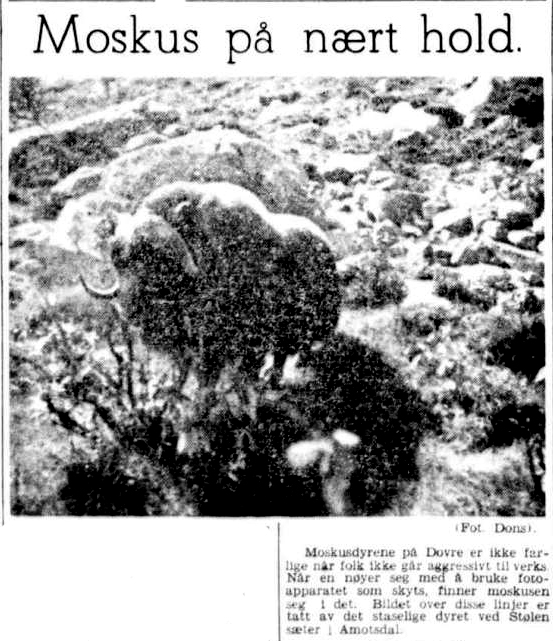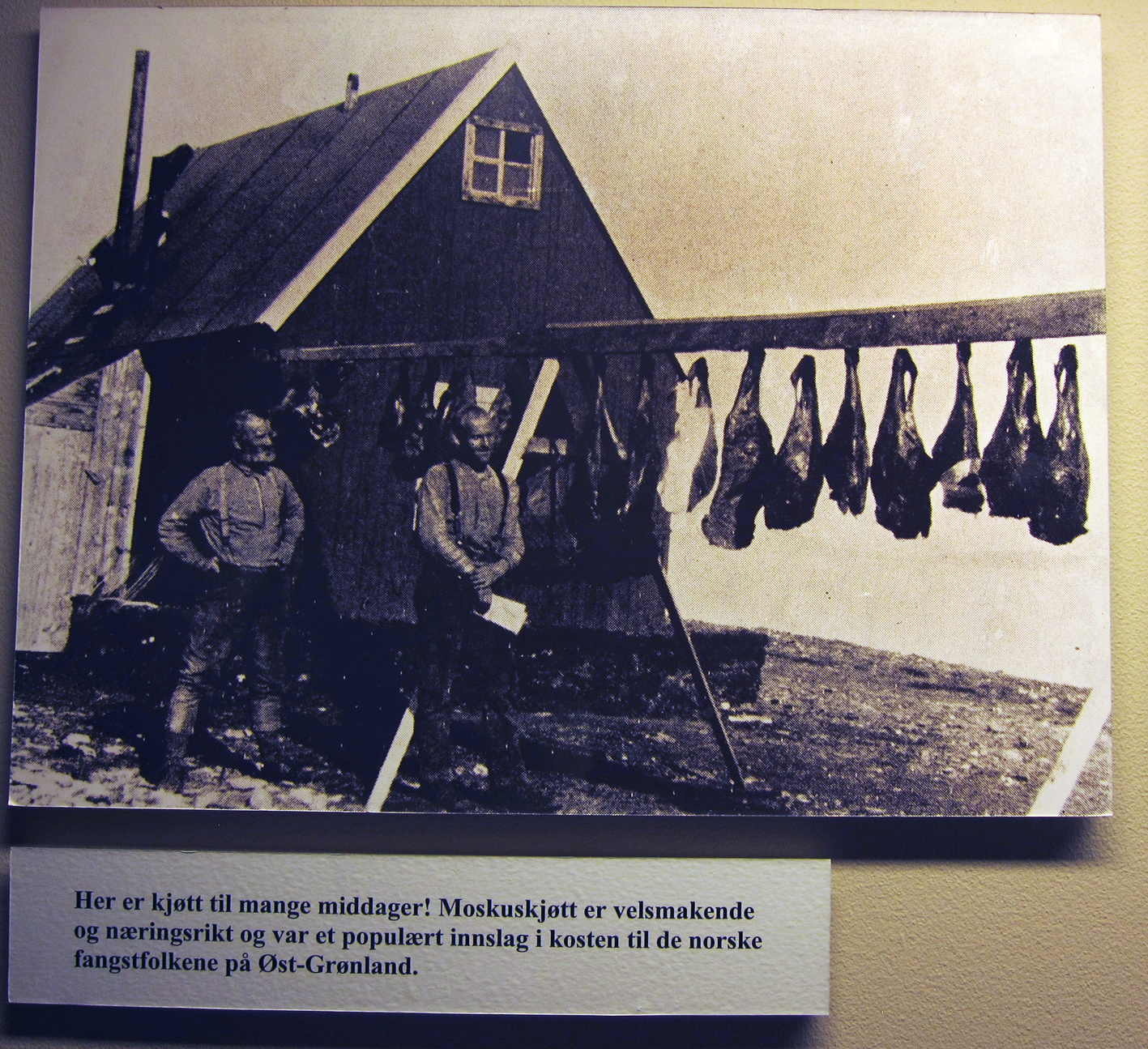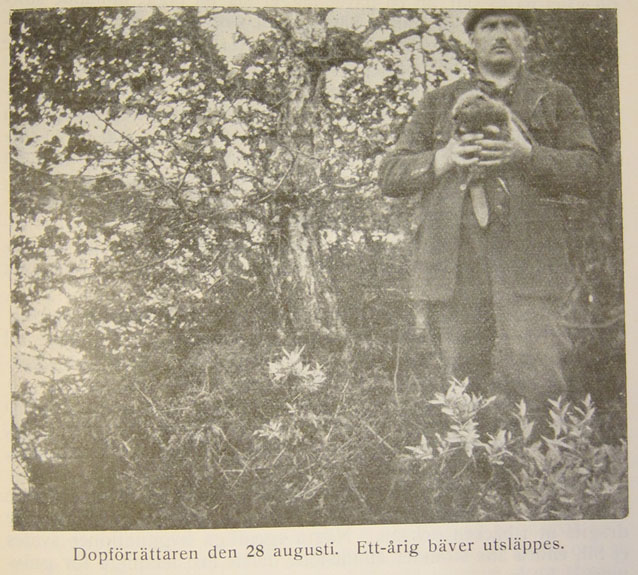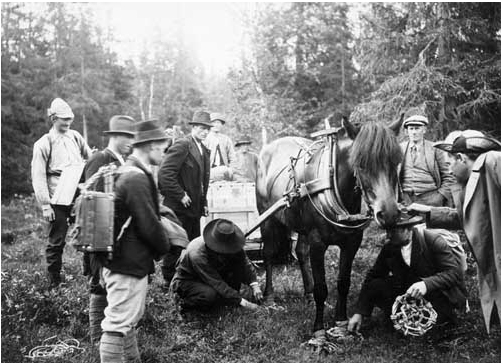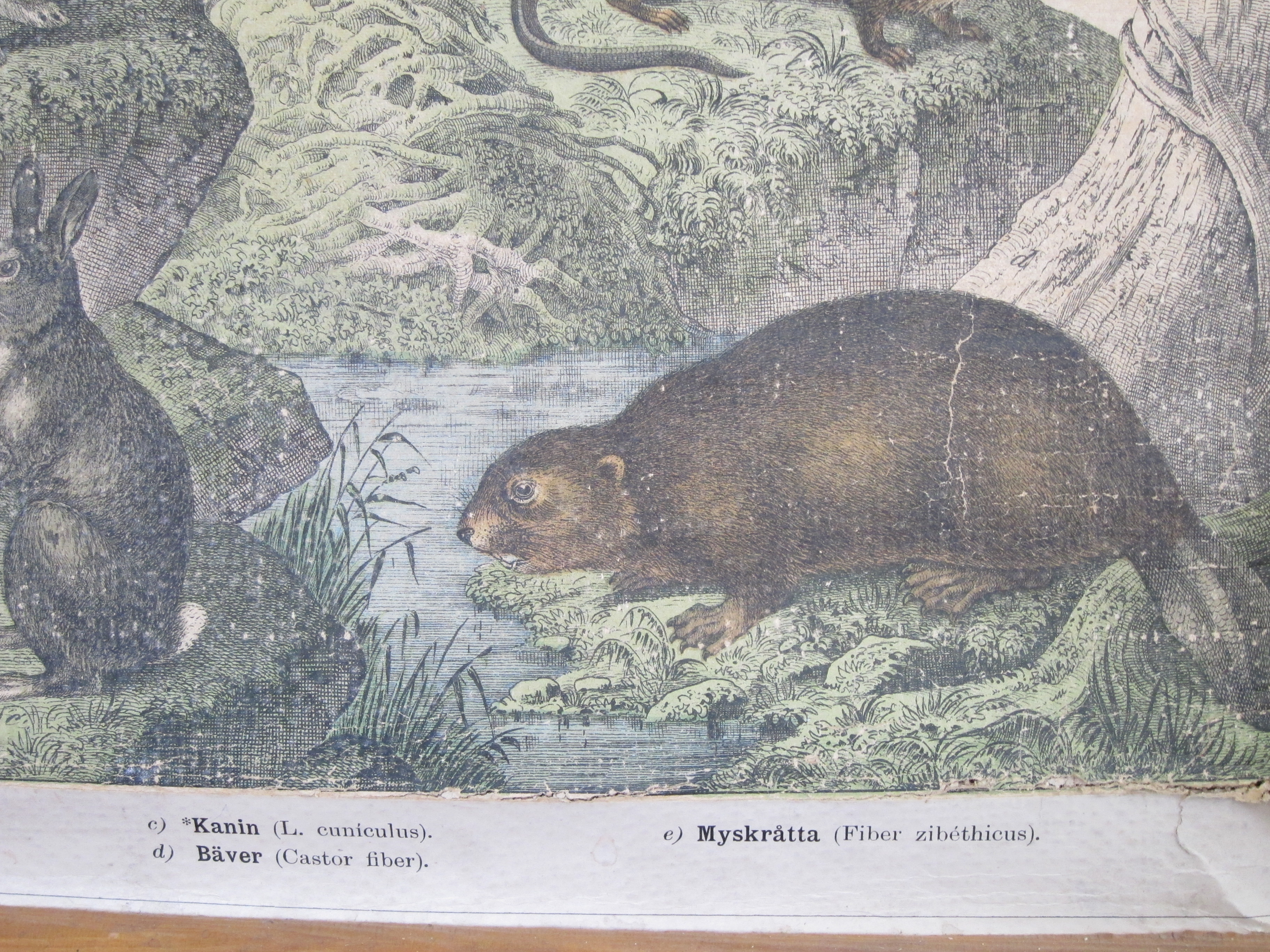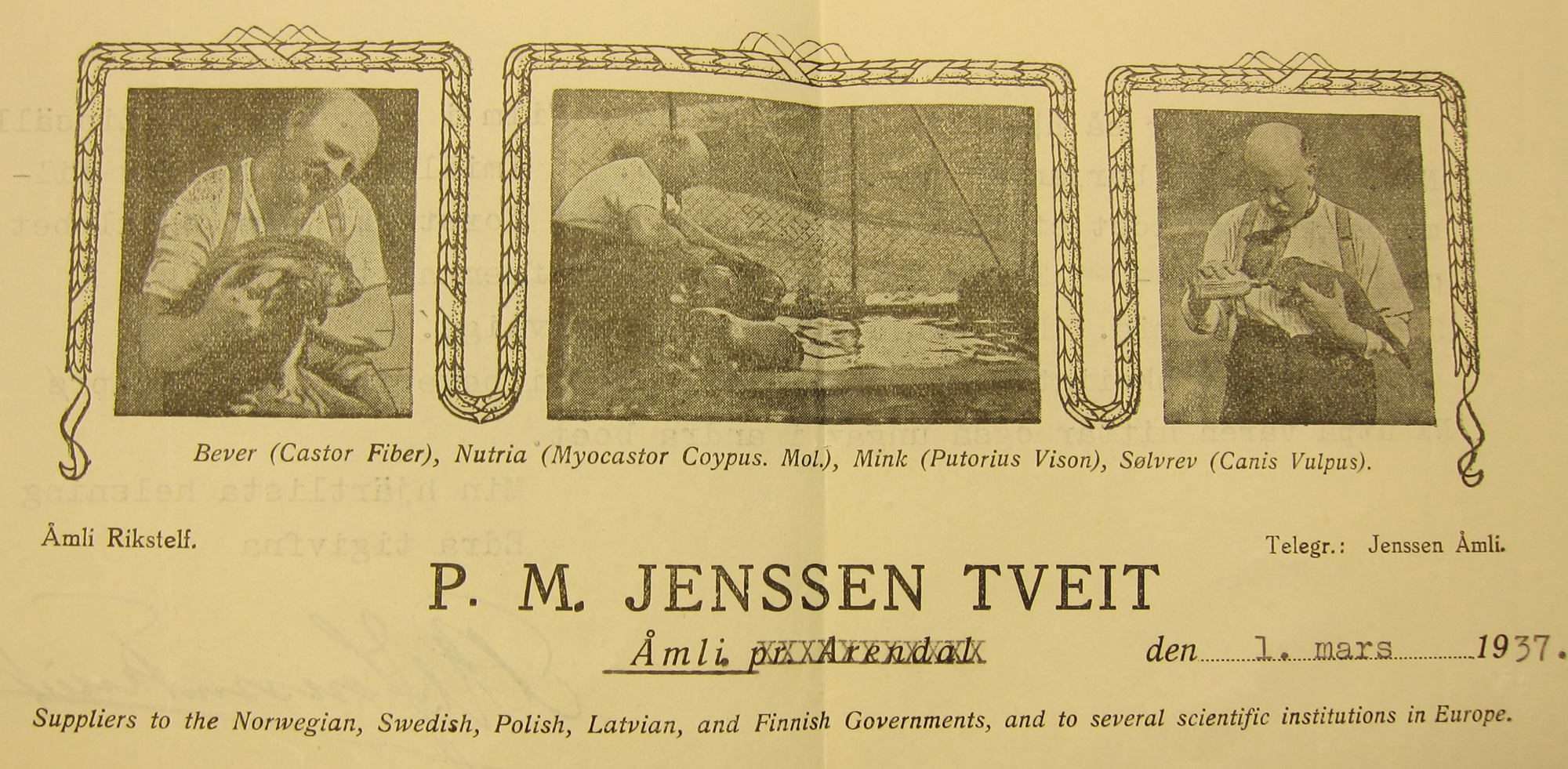hunters
-
War on wildlife
When I was in London at the end of October, I saw a barrage of red poppies. They were everywhere — on signs and stores and lapels. As an American, I will admit being confused about what they were for when my daughter asked me, so we talked to a guy on the bus wearing one. I found out that they were for Remembrance Day or Armistice Day — November 11 — which marks the end of World War I and honors those who fell in the ‘war to end all wars’. The poppies will likely be a common sight over the next few years since 2014 marks the 100th…
-
The great Greenland hunt
All of the muskox calves that eventually came to Norway and Sweden as reintroduction objects originated in East Greenland. So it is there that the return of the Nordic muskox begins. East Greenland first became a Norwegian whaling location then seal hunting grounds in the late 19th century. During the winters on Greenland, hunters and their dogs required food – and the muskox became their favorite prey. According to a hunter’s account quoted in Elisabeth Hone’s The Present Status of the Muskox in Arctic North America and Greenland (1934), sled dogs needed 2 pounds of muskox meet every day, which for a team of 8-12 dogs, meant consuming 20 pounds…
-
Hunters as godfathers
I’ll be going to Stockholm in mid-February for a day-long seminar on “Wildlife and Wildlife Management History”. I signed up give a short oral presentation on the role of hunters and hunting associations in my beaver reintroduction story, so I’ve been spending time lately examining that aspect. I decided to start with some web searches for what environmental historians have written about hunters and hunting associations. I thought I’d find plenty of material. On the contrary, I found a surprising dearth of scholarship. Not that there’s not lots of scholarship on hunting per se and on hunting history — but I wanted something specifically framed as environmental history. I found…
